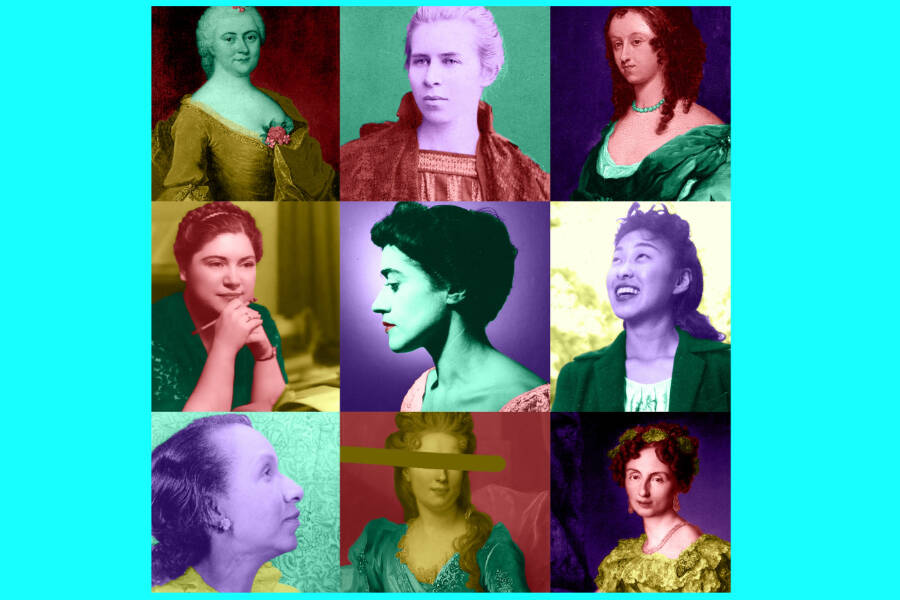BROOKLYN: Hedgepig Ensemble Theatre has announced its third annual Expand the Canon List with nine more overlooked classics written by women, ranging from the 17th century to the 1970s. Each year since 2020 Hedgepig’s Expand the Canon has reviewed and selected plays written by women they believe are timely, relevant, and producible, and the company will demonstrate each play’s worthiness with Zoom or public readings in the coming months with their Loose Canon Readings. Of the nine shows on this year’s list, six plays include translations that if produced would be U.S. premieres.
“All media is education,” said Hedgepig artistic director Emily Lyon in a statement. “If we insist the only classics worth reviving are those by white men, we are teaching ourselves and future generations that those are the only perspectives we value long term. Everyone deserves to have their history. We need artists and educators to step up and champion the fact that women have always been writing.”
The list has helped to inspire several Broadway, Off-Broadway, and national theatre productions. Among the writers on the group’s inaugural list were Alice Childress, whose Trouble in Mind had its belated Broadway debut in 2021 at the Roundabout Theatre Company, and whose Wedding Band has been revived regionally over the years but only had a high profile Off-Broadway revival this year, in Awoye Timpo’s production. In 2020, Roundabout’s Refocus Project produced several readings of plays that were included on the Expand the Canon List. And the Island Shakespeare Festival in Langley, Wash., has committed to producing an Expand the Canon play each season for the next three years.
The list was announced following the Canon Ball release party on Sept. 19, and can be found at www.expandthecanon.com. Most recently, Hedegpig hosted a conversation between Karen Ann Daniels, artistic director of the Folger Theatre, and Ann Morton, literary manager of Roundabout Theatre Company.
This year’s plays are as follows:
The Lucky Chance by Aphra Behn, a 1686 farce about consent, capitalism and coveting youth.
The Stone Host by Lesya Ukrainka, a 1912 story about the Don Juan myth that puts women back in charge.
Laodamia by Catherine Bernard, a French verse play from 1698 about a queen dealing with political intrigues, a la Shakespeare’s histories, with a dash of the visceral drama of Greek tragedy.
The Mésalliance by Luise Gottsched, a 1743 play in which a society dominated by gossip intersects with class, dignity, and vanity.
The Uncle by Princess Amalie of Saxony, a German romance from 1835 about a seeming ingenue who turned out to be a brilliant schemer.
Singing Valley by Josefina Niggli, a romance by a Mexican American writer about community, the environment, and going to back one’s roots.
Dust to Earth/Coal Dust by Shirley Graham Du Bois (W.E.B. Du Bois’s wife), which comprise two versions of her 1939 response to Eugene O’Neill’s The Hairy Ape, in which she dives into coal mining culture, class, race, and the value of intersectionality.
Las Pascualas by Isidora Aguirre, a 1957 reinterpretation of a Chilean local myth about familial love.
The Soul Shall Dance by Wakako Yamauchi, a 1976 play about Japanese immigrants in the U.S. from the Great Depression up to the Second World War.
Then 2020, 2021 and 2022 Expand the Canon lists and a schedule for this year’s readings can be found here.


